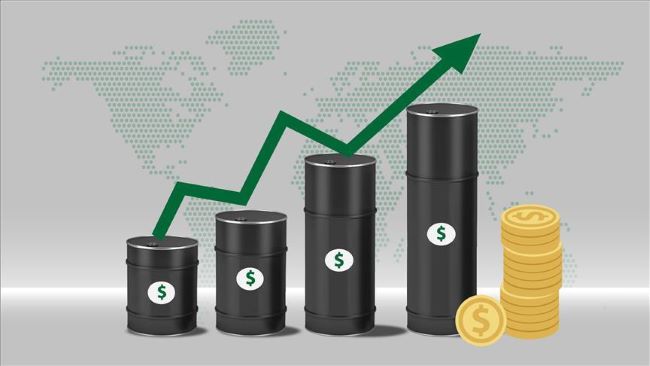According to API statistics made public by the American Petroleum Institute, oil prices dropped as a result of an unexpected increase in US stocks. Contrary to forecasts that stocks would decline by about 2.8 million barrels, the report revealed that US crude oil inventories rose by 2.26 million barrels over the previous week.
A rise in the US’s crude oil reserves is concerning for the market since it indicates a decline in demand from the country’s largest oil consumers. Following a sharp decline in industrial production, the market also anticipates weak demand from China, the world’s second-largest oil user.
The global commodities market is seeing a 0.2% decline in Brent crude and WTI to $85.17 and $80.55 a barrel, respectively, on Wednesday. Expectations of supply constraints during the third quarter are bolstering sentiment amid increased demand during travel season and the rollover of OPEC+ cuts are expected to keep the market undersupplied.
Both benchmarks gained more than 1% in the previous session after a Ukrainian drone attack sparked a large fire at an oil terminal in southern Russia.
Oil prices strengthened yesterday on signs of a stronger physical market, while further supply disruptions in Europe led to a rally in natural gas prices.
ICE Brent settled 1.28% higher on the day, taking it back above $85/bbl. This is the market’s strongest close since late April, according to ING commodities strategists.
While a broader risk-on move has proved supportive for oil, there are also some signs of strength in the physical market, analysts said. The market anticipated that crude oil supply would tighten in the third quarter of this year after the rollover of OPEC+ cuts.
Numbers from the API overnight show that US crude oil inventories increased by 2.26 million barrels over the last week, as opposed to expectations for stocks to fall by roughly 2.8 million barrels.
Crude inventories at Cushing increased by 524k barrels, while gasoline stocks fell by 1.08m barrels and distillate stocks increased by 538k barrels, ING said in a midweek note.












